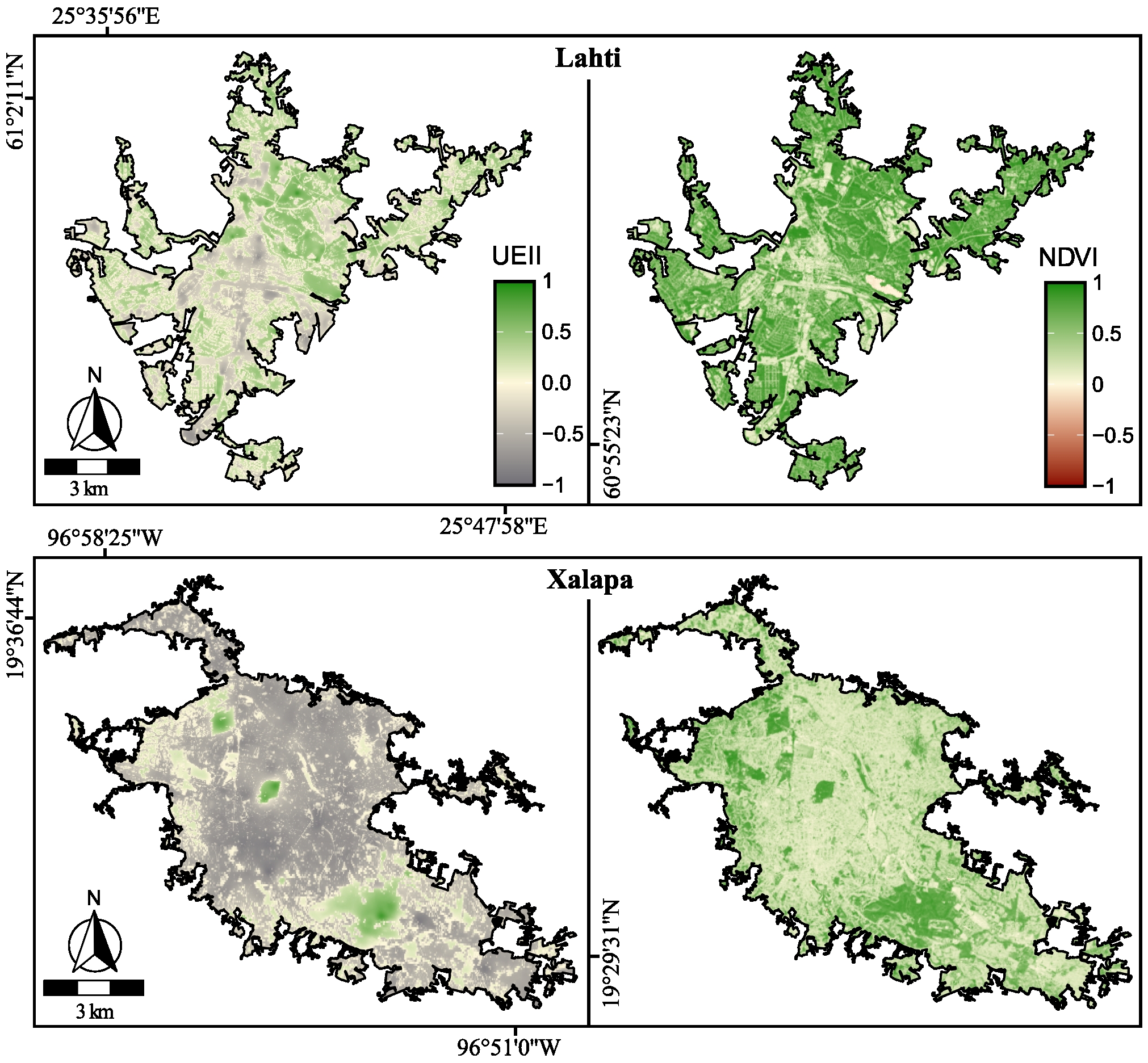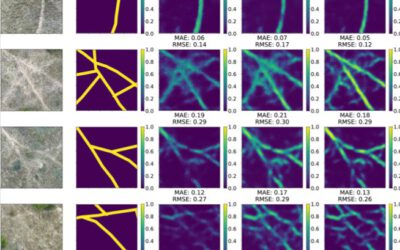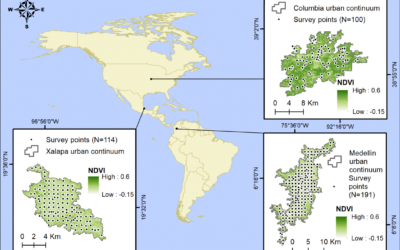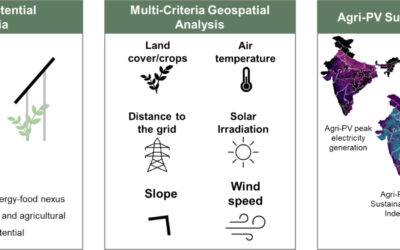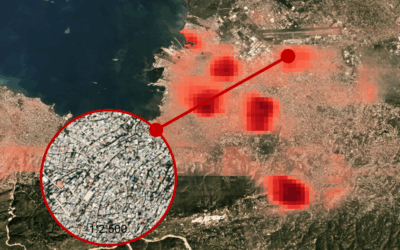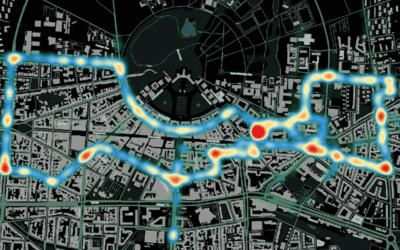The new paper titled “Unveiling urban ecological integrity: spatially explicit assessment in contrasting environments” has been published in the journal “Urban Ecosystems” by a member of the Earth Observation Research Cluster (EORC) in cooperation with colleagues from the University of Helsinki.
In this research, the authors tested their previously proposed Urban Ecosystem Integrity Index (UEII) in the contrasting environments of Lahti, Finland (a boreal city) and Xalapa, Mexico (neotropical) and compared it to the widely used NDVI. The UEII spatially explicitly represents the urbanization intensity (built-up, surface temperature) and the biological (plants and birds richness) components of cities based on remote sensing and field survey data. The UEII showed to be robust, comparable, and effective in capturing the intra and inter-urban spatial heterogeneity of both cities. Unlike the NDVI –often suggested as a proxy of ecological quality– the UEII provides a more comprehensive understanding of the ecological value of both built-up and greenspaces, making it a promising tool for identifying priority areas for habitat preservation within urban settings, as well as those in need of further improvements. The UEII aims to help shaping environmental initiatives and budget allocations aimed at establishing more ecologically friendly, biodiverse, and livable urban environments.
The open access paper can be found here: https://link.springer.com/article/10.1007/s11252-024-01517-1

